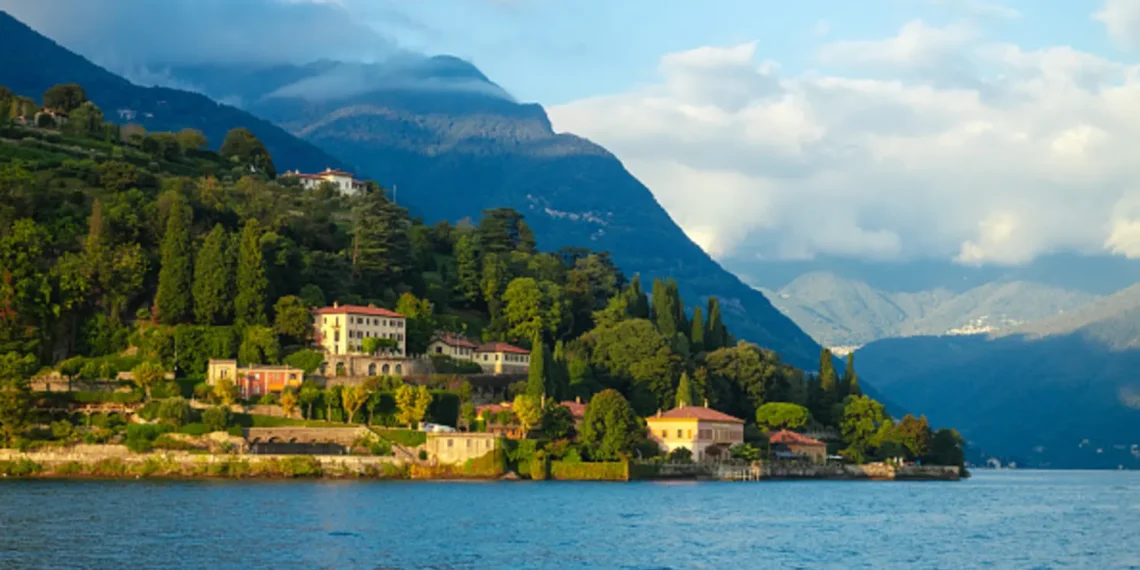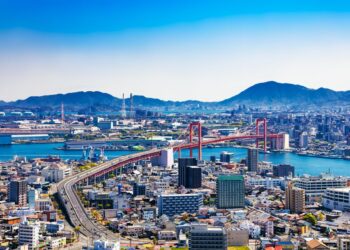ROME (Realist English). Italy is attracting a wave of ultra-wealthy individuals, lured by its investor-friendly policies, expanding real estate market and a flat-tax regime that stands out in a world where many governments are tightening rules on the rich.
The country’s tax system, which allows high-net-worth individuals to pay a one-off annual charge of €200,000 ($233,000) on foreign income, continues to draw demand despite the rate doubling in 2024. Analysts say the increase has barely dented appetite.
“It’s like paying more for your daily coffee — you won’t give it up,” said Matteo Pella, senior broker at Berkshire Hathaway HomeServices, noting that most new arrivals operate far above the threshold.
Figures from Henley & Partners suggest that up to 3,600 wealthy individuals have relocated to Italy so far this year. Prominent names include Egypt’s richest man Nassef Sawiris and Goldman Sachs vice-chair Richard Gnodde.
Milan has emerged as the epicenter of this influx, with luxury real estate prices rising 49% since the regime’s launch in 2017 — compared with 10.9% across other major Italian cities, according to Tecnocasa. Knight Frank projects a further 3.5% growth in prime property prices in 2025. Lake Como and the Italian Riviera have also become hotspots.
The tax scheme, introduced in 2017, was designed to attract foreign investors and reverse the post–euro zone crisis brain drain. It has spurred a new wave of luxury services and private clubs, including Casa Cipriani and The Wilde in Milan, catering to the city’s growing international elite.
Globally, the number of millionaires relocating abroad has nearly tripled over the past decade, hitting record highs in 2024. Italy’s program — simpler than those of France, Switzerland or the UK — offers a 15-year exemption on wider taxes, making it one of the most accessible options in Europe.
Critics, however, warn of worsening wealth inequality. The regime’s contribution to state revenue remains modest, while the benefits are concentrated in already affluent regions. Some fear a “race to the bottom” as more countries seek to replicate Italy’s model.
Still, business leaders argue the inflow is fueling job creation and broader growth. “It’s a wheel that keeps rolling,” said Anna Cipriani of Casa Cipriani Milano. “The more people move in, the more investment comes, and the more opportunities are created.”


















